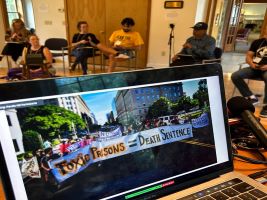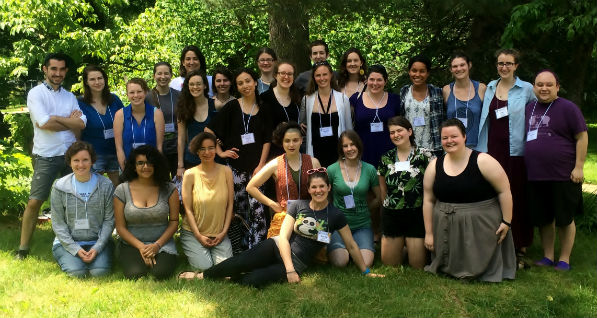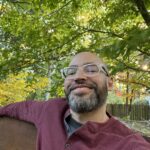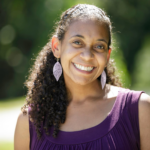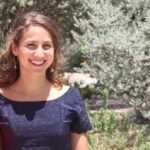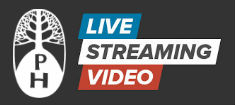On-Campus Overnight Tiered Pricing
Standard Price: $100
Subsidizing Price: $150
Subsidized Price: $50 .
Commuter Pricing: $45
(Sliding scale: suggested $15/day)
Online Pricing
Sliding scale (suggested $20 for full online registration)
If the on-campus prices are financially inaccessible, please indicate your request for financial assistance when filling out the interest form.


